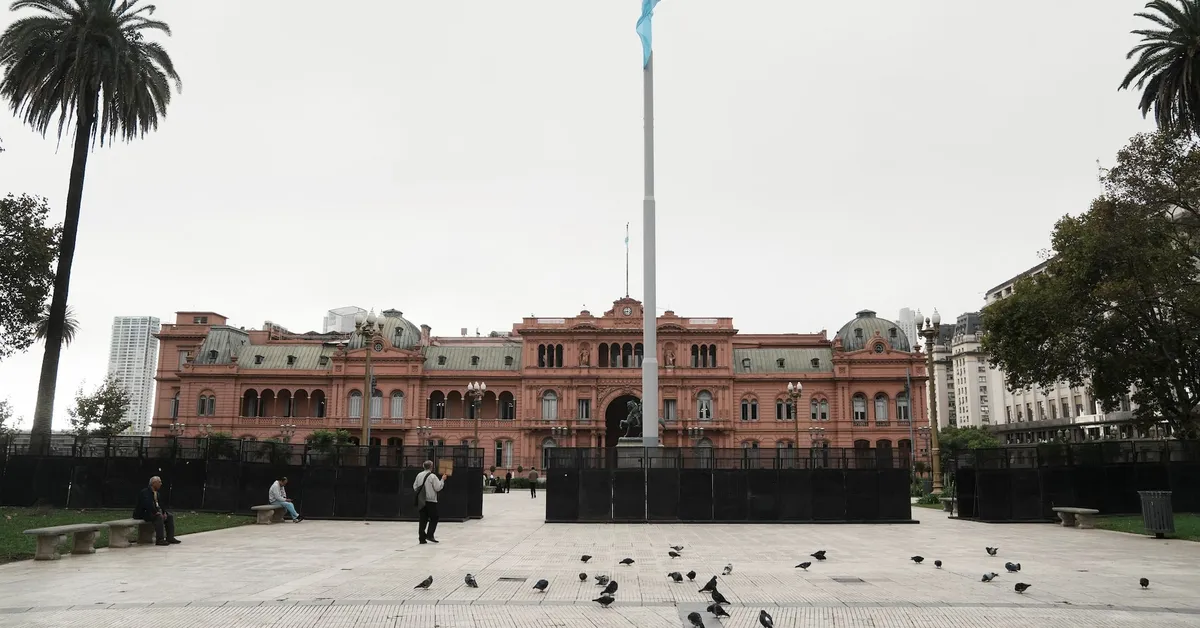
On April 11, 2023, Argentina finalized a significant financial agreement, sealing a $20 billion, 48-month Extended Fund Facility deal with the International Monetary Fund (IMF). This landmark deal is part of Argentina's broader strategy to stabilize its economy, which has been struggling with inflation and currency controls for years.
In a decisive policy shift prior to the agreement, Argentina's government announced the dismantling of crucial aspects of its long-standing currency controls. The IMF is set to disburse $12 billion by the following Tuesday, with an additional $2 billion expected by June. This financial injection is anticipated to catalyze further support from multilateral and bilateral sources, enabling Argentina to re-access international capital markets.
The IMF emphasized that the core components of the program involve maintaining a strong fiscal anchor, transitioning to a more resilient monetary framework, and enhancing foreign exchange (FX) flexibility. These measures are critical for fostering economic growth and stabilizing the peso.
As part of the reforms, Argentina's central bank has announced an end to its fixed currency peg, allowing the peso to fluctuate freely within a designated band of 1,000 to 1,400 pesos per dollar. This adjustment represents a significant shift from the previous rate of 1,074 pesos per dollar at the close of the previous trading day. The decision to lift the fixed peg is aimed at promoting a more dynamic exchange rate system.
Furthermore, the removal of major components of the so-called cepo capital controls will facilitate access to foreign currency, which has been a longstanding barrier for businesses. Starting this year, companies will be permitted to repatriate profits, addressing a critical demand from the business community that could stimulate further investment in Argentina.
"As of Monday, we will be able to eliminate the foreign exchange restrictions imposed in 2019, which have hindered the normal functioning of the economy," stated Economy Minister Luis Caputo during a press conference.
The new exchange rate system could result in a potential weakening of the peso by nearly a third if it reaches the lower end of the band. While the central bank is expected to employ various tools for intervention, the expansion of the band by 1% each month introduces a level of unpredictability. This policy reform precedes the final approval of the IMF program, marking the 23rd agreement in a complex history between the grains-producing nation and the Washington-based lender.
The funds from the IMF deal will be utilized to recapitalize Argentina's central bank. The government anticipates that these resources will contribute to creating a healthier currency, reducing inflation, and enabling tax cuts. Additionally, multi-year disbursements are planned, including $12 billion from the World Bank and $10 billion from the Inter-American Development Bank.
Argentina's economy urgently requires these financial resources to bolster its dwindling foreign currency reserves, which have recently fallen into the red. The country is facing persistent inflation and a rising country risk index, factors that contribute to economic instability. Moreover, the relaxation of currency controls is likely to induce local market volatility, exacerbated by ongoing international tariff conflicts involving the United States and its trading partners.
Economist Ricardo Delgado remarked, "This is a devaluation, which contradicts the government's intention to navigate smoothly toward the upcoming midterm legislative elections." He expressed surprise at the lifting of controls amid global economic volatility, highlighting the potential risks involved in such a significant policy transition.